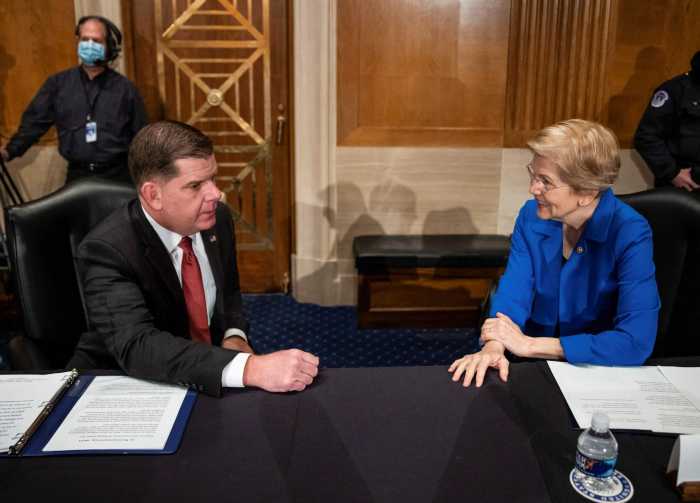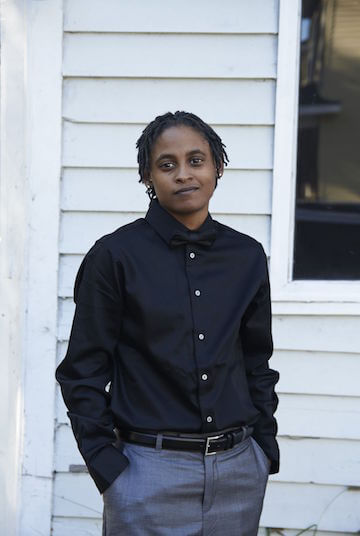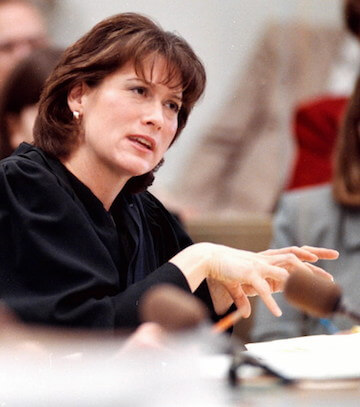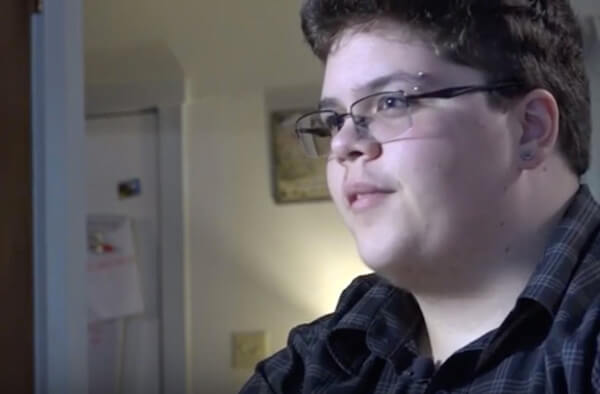On July 20, the 11 active members of the Atlanta-based U.S. Court of Appeals for the 11th Circuit refused to reconsider a three-judge panel ruling from 2020 that blocked the enforcement of two local government laws in Florida banning the performance of conversion therapy on minors. The panel ruling conflicts with decisions rejecting free speech challenges to state-level conversion therapy bans in New Jersey and California by the Third and Ninth Circuit Courts of Appeals, making it possible that the Supreme Court will take up the issue if the local governments in Boca Raton and Palm Beach County petition for review.
Two practitioners of conversion therapy, Robert W. Otto and Julie H. Hamilton, sued the municipalities in federal court when the local laws were enacted in 2017. They claimed that their practice was limited to “talk therapy” that was given consensually and thus was totally protected against government regulation by the First Amendment, which forbids governments from “abridging” freedom of speech. They also argued that the local governments did not have authority to regulate health care since their licenses to practice as counselors were issued by the state, thus preempting local regulation.
If a court concludes that a challenged law is a “content-based” regulation of speech, it is subject to the toughest level of judicial review, called “strict scrutiny,” under which the law is presumed to be unconstitutional unless the government can prove that the law serves a compelling interest and is “narrowly tailored” to abridge no more speech than is necessary to serve that interest.
After filing suit in the district court, the plaintiffs sought a preliminary injunction to bar enforcement of the laws while the case is pending. The district court rejected their request, finding that the laws were within the scope of regulation of medical practice rather than being solely a content-based regulation of speech, and that the local governments, which had engaged in extensive hearings and debate before enacting them, had compiled a factual record showing a legitimate interest in protecting minors from the harm of being subjected to conversion therapy. Thus, the district judge concluded plaintiffs were unlikely to prevail on the merits of their claim and were not entitled to a preliminary injunction. The judge also questioned the plaintiffs’ preemption argument.
The plaintiffs appealed to the 11th Circuit, dropping the preemption argument and focusing solely on the free speech argument. A three-judge panel of the circuit court reversed the district court and ordered that the preliminary injunction be issued.
Between the time when this lawsuit was filed and time when the circuit panel considered the case, the Supreme Court, in a 5-4 opinion by Justice Clarence Thomas concerning a California law that required all facilities purporting to provide reproductive care service to disclose whether they were licensed and to inform clients where they could obtain the full range of reproductive health care services, held that the state law violated the First Amendment as “compelled speech,” reversing a Ninth Circuit ruling that it was “professional speech” subject to regulation. In his opinion for the court, Justice Thomas particularly criticized the Third and Ninth Circuit opinions, which had characterized conversion therapy bans as regulations of “professional speech” that did not enjoy full First Amendment protection.
The 11th Circuit panel voted 2-1, with judges appointed by Donald Trump in the majority and a judge appointed by Barack Obama dissenting. Accepting the plaintiffs’ claim that that they were providing purely voluntary and consensual “talk therapy” to minors, the panel majority characterized this “therapy” as “conversation” and “not medical at all.” Referring to the then-recent Supreme Court ruling and Justice Thomas’s dismissive mention of the Third and Ninth Circuit cases, they rejected the argument that these conversion therapy bans should be treated as regulation of professional conduct. Treating the local laws as content-based regulations of speech, the panel majority concluded that these laws could not survive “strict scrutiny,” and substituted its view of the factual evidence for that of the district court, contending that the local governments had failed to show a compelling interest in preventing conversion therapy by licensed counselors.
As a result, the local conversion therapy bans cannot be enforced while the case is pending unless the preliminary injunction is dissolved. The local governments asked that the full 11th Circuit bench, which currently has 11 judges, grant a rehearing by the full court. This request was predictably denied, by a vote split entirely on political lines.
Of the 11 active judges on the circuit court, a majority (six) were appointed by Donald Trump. The chief judge of the circuit was appointed by George W. Bush. None of these judges voted to grant rehearing. The judge who dissented from the panel decision has since retired. The four other active judges on the circuit, who voted to grant rehearing, were appointed by Bill Clinton (one) and Barack Obama (three).
As is customary, the full circuit court did not issue an opinion explaining its decision to deny review, but four judges who opposed rehearing (including the two judges from the panel majority) issuing a “concurring opinion,” which was mainly devoted to refuting a dissenting opinion. The four judges who voted to grant review issued two opinions, one by Judge Adalberto Jordan, which was signed by all four dissenters, and one by Judge Robin Rosenbaum, who was joined by Judge Jill Pryor.
Judge Jordan argued that the three-judge panel applied an inappropriate standard of review in reversing the district judge’s decision to deny a preliminary injunction. According to 11th Circuit precedents, he argued, a ruling granting or denying a preliminary injunction is subject to a “clear error” standard of review. Judge Jordan argued that the district judge’s view of the facts was not clearly wrong in light of the evidence presented to the judge. Jordan asserted that it was inappropriate for the three-judge panel to re-weigh the evidence, as if it was reviewing a grant or denial of summary judgment (which is a final ruling on the merits of a case), which would have followed full discovery by the parties and detailed fact-finding by the district judge.
Judge Jordan concluded that it was arguable whether the local laws were content-based speech regulations or were more properly considered regulations of professional conduct, and thus it was inappropriate for the panel to reject the district judge’s conclusion. Indeed, he pointed out that the panel majority did not even identify the correct standard of review in its opinion. And, since two other circuit courts had rejected First Amendment challenges to conversion therapy bans, it would be appropriate for the 11th Circuit to give full consideration to the issue by all the active judges of the circuit.
Judge Rosenbaum expanded on the dissenting opinion by retired Judge Beverly Martin (also an Obama appointee), providing a lengthy critique of the panel majority opinion and the “concurring” opinion that was written by Judge Britt Grant. Judge Rosenbaum rejected the panel majority’s characterization of conversion therapy as just “conversation” and “not medical at all,” noting that the local laws applied only to licensed practitioners who were regulated by the state and used talk therapy to provide a professional service. She also challenged the plaintiffs’ assertion that such treatment is necessarily voluntary and consensual, observing that minors are frequently forced to submit to conversion therapy by their families, upon whom they are totally dependent.
“States have long been able to constitutionally require their licensed healthcare providers to comply with the standard of care to maintain their licenses,” she pointed out, and this extends to licensed practitioners — psychologists and counselors — who use speech to provide their therapy. “The states’ police power to protect the public health and safety would mean little if the healthcare professionals they license — thereby giving their stamp of approval — could regularly practice substandard care and inflict serious harm and even death on their clients without even a reprimand.”
Amicus briefs were filed with the court from several leading professional health care organizations, all characterizing conversion therapy as ineffective and potentially harmful to young LGBTQ people. Thus, she argued, these conversion therapy bans were intended to prevent practitioners from harming minors. “The sole purpose of administering a healthcare treatment technique — whether with a scalpel, drugs, or words — is to improve the client’s health, not to engaged in ‘social, political, and religious debates.’ And it is antithetical to that purpose for licensed professionals to engage in a practice on their young clients that has repeatedly been shown to be associated with more than doubling the risk of death and has not been shown to be efficacious. Precluding licensed healthcare professionals from subjecting their minor clients to such techniques, while not interfering at all with the professionals’ ability to discuss, debate, or advocate for those techniques, therefore does not violate the First Amendment.”
The Supreme Court grants only a tiny percentage of the petitions asking it to review decisions by lower courts, but resolving disagreements on hotly contested constitutional questions between the different circuit courts is one of its major areas of focus in deciding which cases to review. Especially in light of Justice Thomas’ comments in the California clinic case, it seems likely that the Court would take this case if the local governments petition for review. But the local governments might consider the danger of provoking the court into issuing a decision that would put an end to conversion therapy bans in numerous states and localities, and might decide strategically to litigate the case to its conclusion on the merits in the district court rather than seeking Supreme Court review at this time.


































